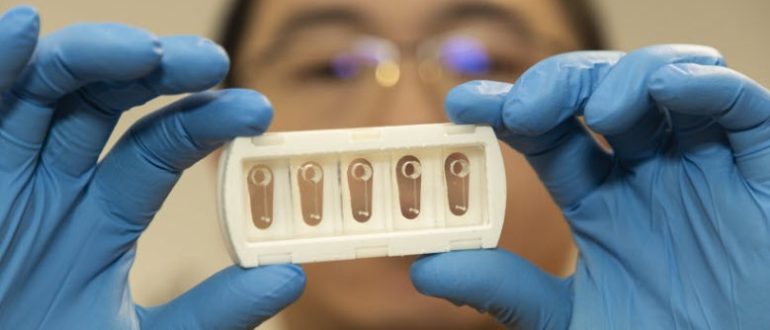Question for you? What does 3-D printing and predicting if you’re going to have a stroke got to do with each other? Can you guess?
Well – here’s ARNI Stroke Rehab UK’s prediction of the very near future in a hospital near you: you go to have a CT scan, a technician rapidly 3-D prints your blood vessel model, tests your blood response and then uses AI to predict your stroke risk years in advance.
Why do we reckon this? Because researchers at the University of Sydney have just developed a groundbreaking new 3D printing technique that can generate anatomically accurate replicas of blood vessels in a mere two hours. That’s down from 10 hours using older methods! This device represents a significant leap forward in biomedical engineering.
The challenge of understanding and treating stroke is fundamentally tied to the incredibly complex architecture of the human vascular system. Replicating the intricate network of blood vessels to study how clots form and behave has long been a time-consuming and often imprecise process, frequently relying on animal models which don’t perfectly mimic human anatomy.
By utilising the specific CT scans of actual stroke patients, the researchers can create incredibly realistic models that mimic the exact fluid dynamics and anatomical quirks of a real person’s vascular system. These ‘vessel twins’ are not just static models; they are functional and allow scientists to literally watch a blood clot form under a microscope in a highly realistic environment.
The implications of this speed and accuracy are vast for stroke research. The models are already being used to study the exact mechanisms of blood clot formation, helping researchers understand why some individuals are more prone to certain types of strokes. More importantly, this technology provides an ethical and efficient alternative to traditional methods. Researchers can now trial new clot-busting drugs, test different surgical devices and experiment with medicine approaches on these replicas without relying on animal testing. This accelerates the research timeline, reduces costs and provides more accurate data relevant to human patients.



